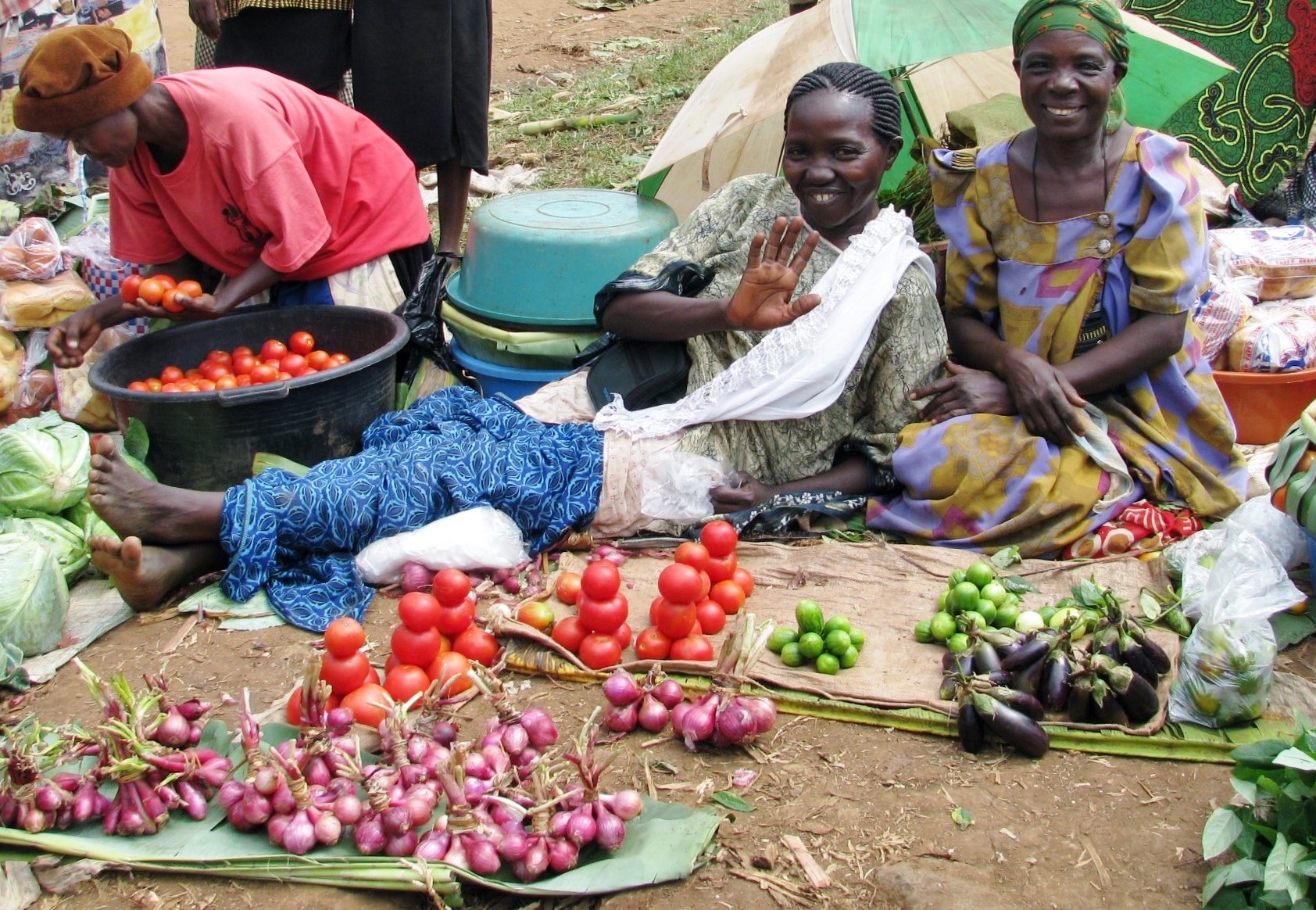It's All in How You Say It

Life in a Maasai Village in Tanzania is never easy, but Women’s Microfinance Initiative’s goal is to help level the economic playing field for the women who live there. We do that by making loans to qualified women to help them start or expand small businesses that provide them with the income they need to purchase food they cannot grow, buy clothing they cannot make, educate their children, and attend to their family’s healthcare needs. To amplify our program impact, WMI often works in conjunction with other NGOs or community- based organizations such as a school or health clinic that are providing services in the village. One such program is in Nainokanoka Village in the Ngorongoro Conservation Area near Arusha, Tanzania, where we support Naiborr Omom Initiatives (NOI).
Recently, we made a small grant to NOI to assist with their goals of achieving community well-being through health initiatives. Our grant funds three community health interpreters who assist at the Health Center and local dispensaries. Most of our village women speak only Maa, the local language, while the health professionals speak only Swahili. This language barrier not only discouraged our borrowers from seeking pre- and post-natal health care, but they also tended to deliver their babies at home, far from often quickly needed medical care. When the women did seek medical advice or care, they reported feeling intimidated by the health care professionals, and unfortunately, sometimes the health care professionals were rude to them. Because of these negative experiences, many Maasai women would not seek needed medical care.
In the four months the interpreters have been working, the village has seen a huge impact in understanding and improving health care needs. In addition to providing one-on-one interpreting, the community health workers have been going out into the community to provide health classes, especially pre- and post-natal education. They’ve also gone into the schools to provide students with health care education, that they, in turn, share with their parents.
This service has played an incredibly important role in changing attitudes. We are already seeing:
• Families beginning to understand the problems associated with the practice of female genital cutting (FGC) and publicly pledging not to cut their daughters. Young men are pledging to marry an uncut girl now that the stigma of being uncut has been reduced.
• A 66% increase in the number of women going to the health center to give birth due to improved trust between the NOI team, health workers and the community.
• From seeing 12 women a month for family planning, 100 women now seek counseling each month. Women are feeling empowered and gender-based violence has been reduced.
• Women are adding fruit, vegetables, and nutritious grains to their diets to reduce complications resulting from deficiencies in iron and folic acid. They also have learned that undereating to keep the baby small for an easier delivery is not good for either the mother or the child.
Healthier women make better borrowers, and it is amazing to see that such a small investment has made such a huge impact to the community, which strengthens our lending program as well. These small community engagement projects bring us healthier, more confident women. Your generosity in supporting WMI is giving African women the chance to work their way out of poverty. Please take a moment to think about the impact you can have with your small donation. Thank you!!